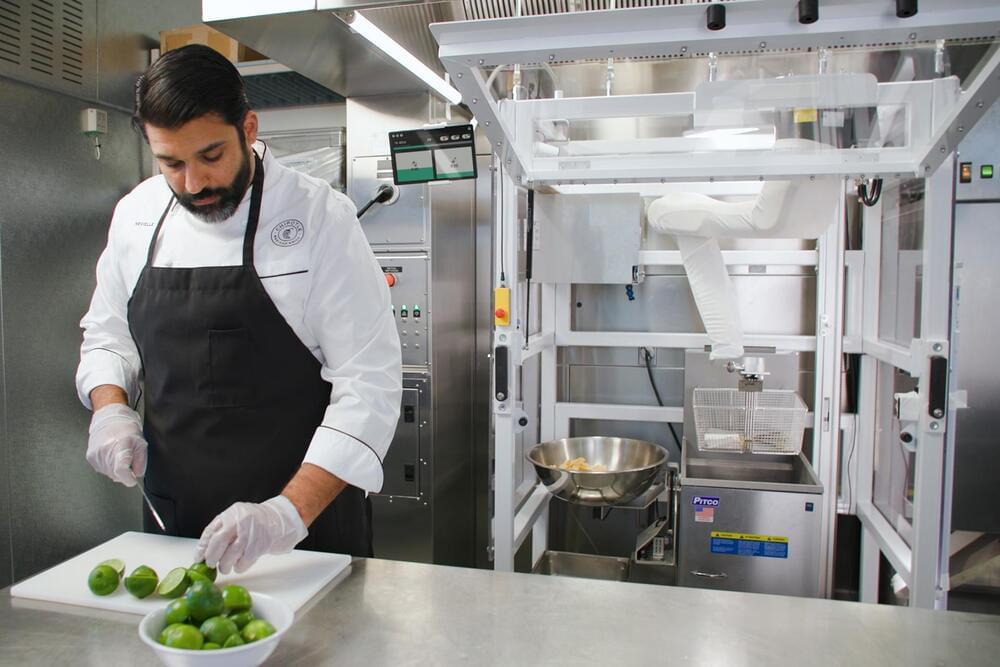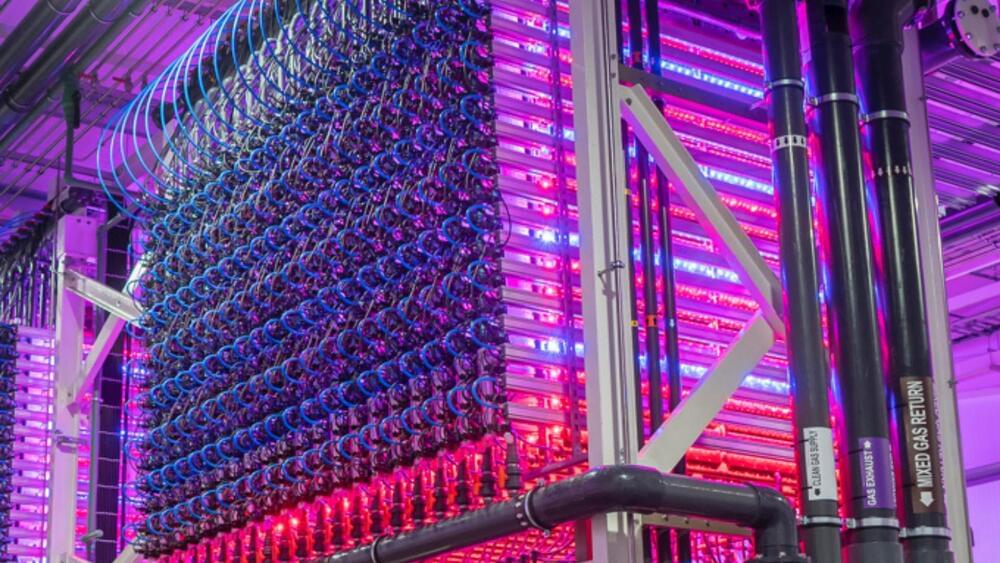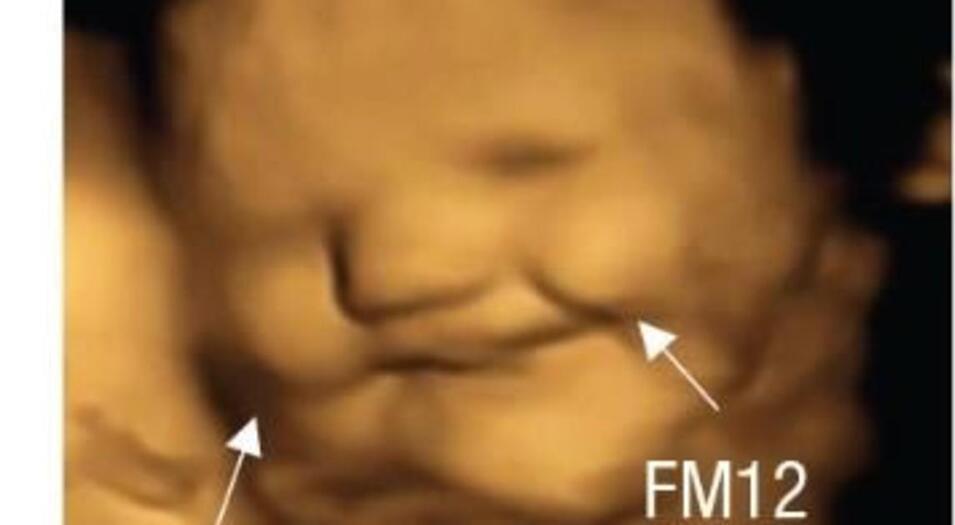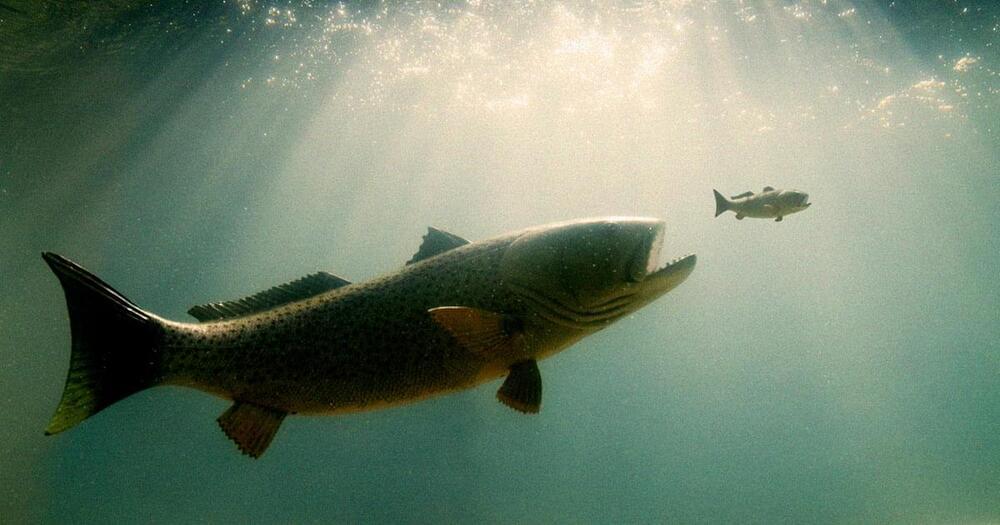Sep 29, 2022
Drinking 2 to 3 cups of coffee per day could have a surprising effect on longevity
Posted by Gemechu Taye in categories: biotech/medical, chemistry, food, life extension
Including decaffeinated and instant ones.
A new study conducted by Australian scientists suggests that consuming two to three cups of decaffeinated, ground, and instant coffee can lower the risk of developing cardiovascular disease and dying early.
“In this large, observational study, ground, instant, and decaffeinated coffee were associated with equivalent reductions in the incidence of cardiovascular disease and death from cardiovascular disease or any cause,” says study author Professor Peter Kistler of the Baker Heart and Diabetes Research Institute in a media release.


















